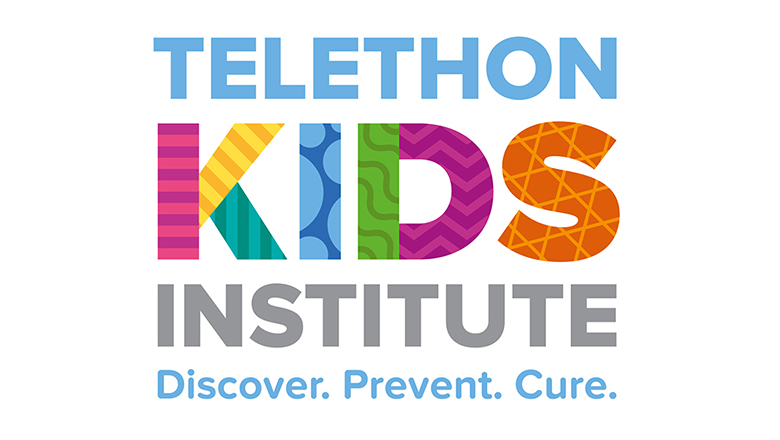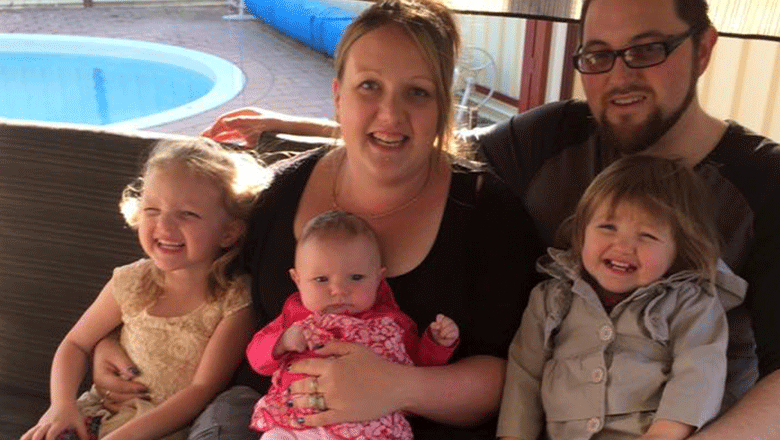Search

News & Events
The Kids welcomes State Government commitment to researchThe Kids Research Institute Australia, has welcomed the State Government's budget commitment to innovation and medical research.

News & Events
Grant to expand innovative consumer involvement programA $3.2 million grant from Lotterywest will allow the highly successful Consumer Involvement Program to be expanded to 18 other WA organisations.

News & Events
Free nutrition & lifestyle program for new mumsThe Kids Research Institute Australia researchers are offering a free nutrition and lifestyle program for plus sized mums and their babies who live in the Joondalup area.

News & Events
New research partnership to ensure no child gets left behindResearchers will track the progress of 12,000 children from birth to age five to identify what services are valuable to families to support the health and wellb

News & Events
The Kids researchers awarded Raine Medical Research Foundation fundingCongratulations to three The Kids Research Institute Australia researchers, who have been awarded funding from the Raine Medical Research Foundation.
News & Events
New blueprint for child health researchDelivering tangible and measurable improvements to the health and wellbeing of children is at the centre of a bold new blueprint for child health research in WA

News & Events
Four BrightSpark Fellowships awarded to early-career researchers at The KidsCongratulations to four outstanding early-career researchers from The Kids Research Institute Australia, who have been awarded BrightSpark Foundation fellowships and project funding for 2026.

News & Events
Announcing our 2025 Premier’s Science Awards finalistsEight outstanding researchers from The Kids Research Institute Australia and the Institute-led Broome STEM Festival are finalists in the 2025 Premier’s Science Awards.

News & Events
Leading researchers to explore online abuse in regionsResearchers at The Kids Research Institute Australia are working with boys and young men in regional areas to help stamp out technology-based abuse of girls and young women.

News & Events
Risk of deadly diarrhoeal diseases set to worsen as climate changesResearchers from The Kids Research Institute Australia have contributed to a landmark study revealing climate change will have a detrimental impact on one of the greatest threats to the health of children in the Global south – diarrhoea.
